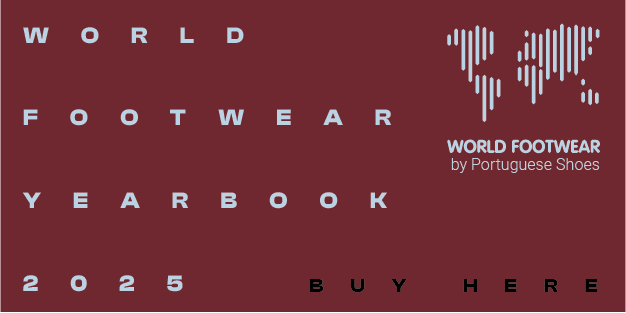US regulator moves to block Tapestry’s acquisition of Capri

The Federal Trade Commission (FCT) has filed a lawsuit to block the merger of luxury fashion conglomerates Tapestry and Capri Holdings, arguing that it would lead to higher prices for US consumers
The FTC sued to block Tapestry’s 8.5 billion US dollar acquisition of Capri Holdings, halting the deal that was expected to close by the end of the year. According to Henry Liu, director of the FTC’s Bureau of Competition, the deal “threatens to deprive consumers of the competition for affordable handbags, while hourly workers stand to lose the benefits of higher wages and more favourable workplace conditions”.
In a statement, Tapestry argued: “FTC fundamentally misunderstands both the marketplace and the way in which consumers shop. Tapestry and Capri operate in an intensely competitive and highly fragmented industry alongside hundreds of rival brands, including both established players and new entrants”. Capri Holdings stressed that “Consumers have hundreds of handbag choices at every price point across all channels, and barriers to entry are low”.
“The bottom line is that Tapestry and Capri face competitive pressures from both lower- and higher-priced products. In bringing this case, the FTC has chosen to ignore the reality of today’s dynamic and expanding 200 billion global luxury industry”, added Tapestry.
The merger would bring together Tapestry’s Coach, Kate Spade and Stuart Weitzman with Capri’s Versace, Jimmy Choo and Michael Kors, enabling them to better compete with European rivals LVMH and Kering by leveraging their strengths. Tapestry would gain access to a broader range of global luxury consumers and geographies, helping to drive sustainable growth for Capri’s brands.
“We have full confidence in the merits and pro-competitive nature of this transaction. It will bring significant benefits to the combined company’s customers, employees, partners, and shareholders in the US and around the world”, said Tapestry.
The two American fashion groups now expect to argue their case in court as soon as possible to close the deal in the calendar year 2024. The transaction has already been approved by European and Japanese regulators.
Image Credits: fashionista.com

















